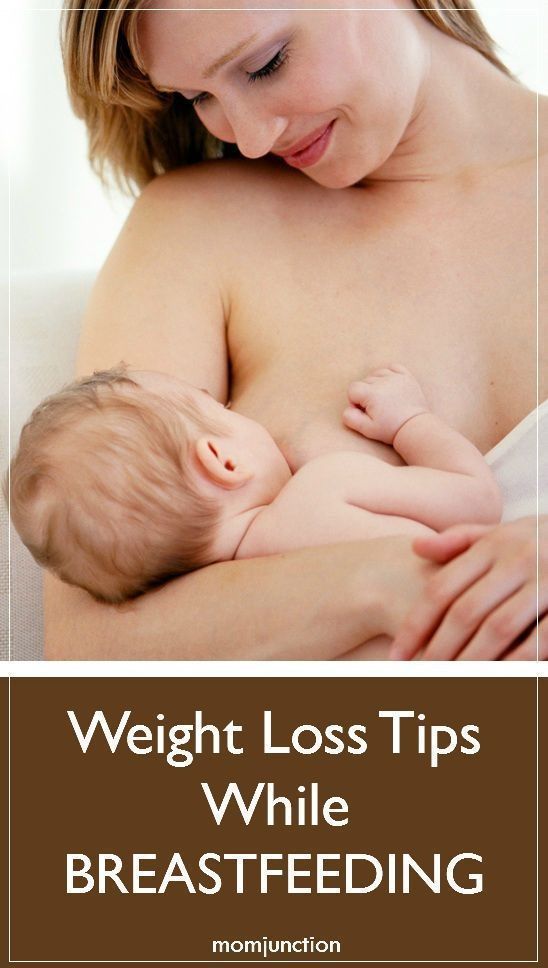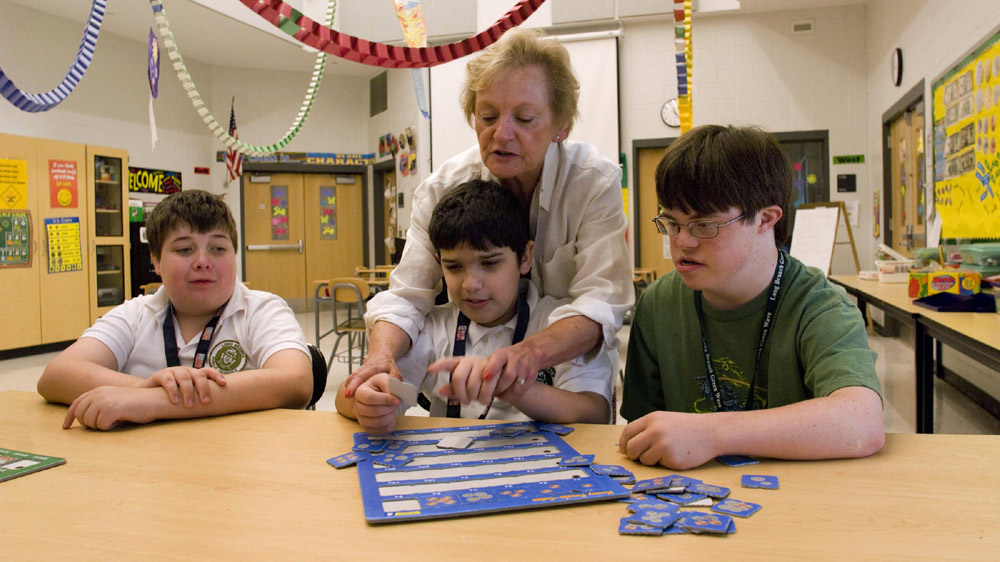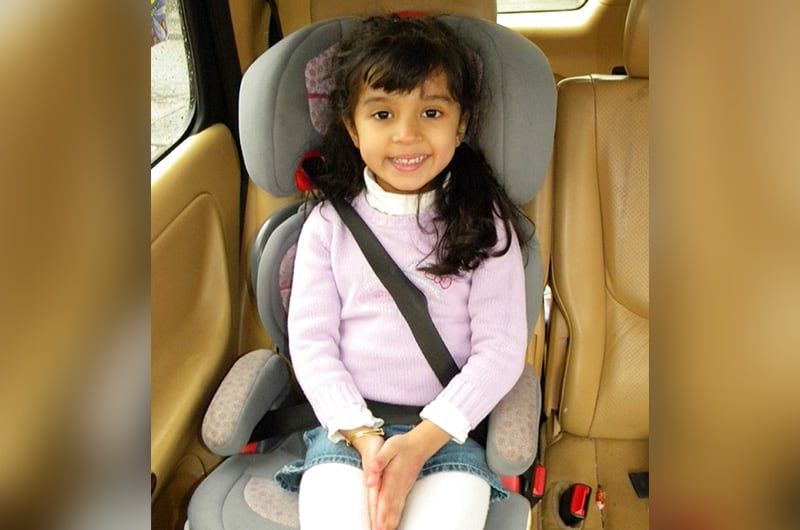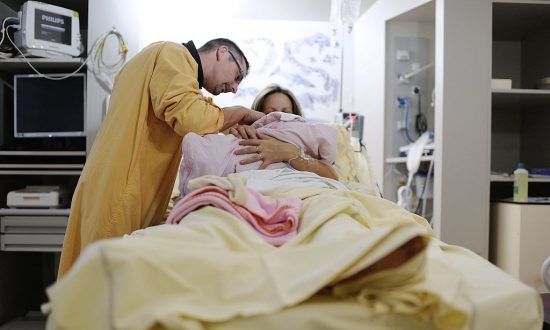Teenage mothers school
Programs that help teenage mothers stay in school can make a difference
BROWNSVILLE, Texas — On a chilly morning just before Valentine’s Day 2020, Viviana Longoria, 16, joined the stream of girls getting off the bus at Lincoln Park School, infant bucket seats in tow.
This story also appeared in TelemundoA slim, poised young woman with waist-length hair, Viviana walked past the principal’s office, along the main hallway, and made a left into the building that houses the school library and the daycare. There, Viviana handed her daughter, Bella Rose, a serious one-year-old with big brown eyes, to a child care teacher, who placed her on a rug with other babies.
Before leaving, Viviana turned to wave at her daughter. Bella Rose smiled and clapped her hands.
Viviana Longoria, 16, holds her daughter, Bella Rose, 1, who attends the school’s free on-campus daycare. Ella G. Ríos, the school’s librarian, holds a paper flower made by students for a Mexican heritage celebration.“My daughter’s the best thing that’s ever happened to me,” Viviana said later. “She motivates me a lot.”
Though Viviana was a sophomore at Lincoln Park the month before the pandemic began, she had already completed enough coursework to merit junior standing. And even with all the disruptions of pandemic life for both students and parents, she graduated this spring, a year ahead of schedule. She attributes her ability to persevere to the supportive community at her unusual public school, which serves students in grades six to 12 and is geared entirely towards pregnant and parenting teenagers.
“We stayed open the entire time,” said Dawn Hall, the principal at Lincoln Park, which offered its students the option to learn online or in-person for most of the past school year. For students who come in person, child care is also available.
Teenage pregnancy in the United States is far less common than it used to be, but the rate — about 19 out of 1,000 girls between 15 and 19 give birth — is still higher than in other Western developed nations.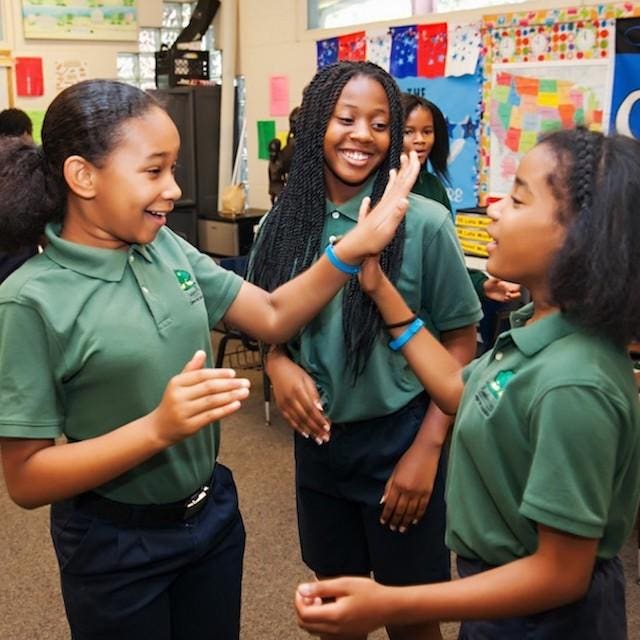 Latina teens in the U.S., about 3 percent of whom give birth every year, are especially likely to become mothers before turning 18. Experts point to a confluence of factors for this, including poverty, culture, trauma and a lack of comprehensive sexual health education.
Latina teens in the U.S., about 3 percent of whom give birth every year, are especially likely to become mothers before turning 18. Experts point to a confluence of factors for this, including poverty, culture, trauma and a lack of comprehensive sexual health education.
“My daughter’s the best thing that’s ever happened to me. She motivates me a lot.”
Viviana Longoria, 16
Programs that help teenage mothers stay in school can make a big difference to the education and life outcomes for both the adolescents and their babies. Only 53 percent of women in their 20s who gave birth in their teens hold a traditional high school diploma, compared to 90 percent of women who didn’t, according to Child Trends, a research organization focused on young people.
The results for Hispanic women — 100 percent of Lincoln Park’s population is Latina — are worse. Only 47 percent of Hispanic women who had children in their teens earn a traditional high school diploma, compared to 85 percent who did not become mothers as teenagers. And pregnancy is more common among Hispanic teens than among teens in any other racial or ethnic group, except American Indian and Alaska Native teens, according to the Centers for Disease Control and Prevention.
And pregnancy is more common among Hispanic teens than among teens in any other racial or ethnic group, except American Indian and Alaska Native teens, according to the Centers for Disease Control and Prevention.
Related: ‘We want a kid you don’t have any idea what to do with’
But Lincoln Park is a different kind of school, and it offers its students a different path to build a future. With onsite child care and educators who offer individualized learning plans for each girl, the school provides a strong academic experience on par with other schools in the Brownsville Independent School District, an A-rated Texas district that sits at the state’s southern tip, just a mile from the Mexican city of Matamoros. Lincoln Park is an alternative school; no student is forced to attend, but pregnant or parenting girls can choose to transfer here.
The school is housed in connected low-slung buildings on a quiet street dotted with palm trees and taquerías. Sidewalks between the buildings are lined by tall groves of Texas bluebell and butterfly weed. Signs for the computer lab, daycare, and pregnancy services line the school’s wide hallways.
Sidewalks between the buildings are lined by tall groves of Texas bluebell and butterfly weed. Signs for the computer lab, daycare, and pregnancy services line the school’s wide hallways.
“The girls know that no matter what, we’ll get them through,” said Hall, who, unlike her students, is white and does not speak Spanish. Hall said she’s particularly proud of the school’s transition from receiving a rating of “needs improvement” from the state to receiving an A in 2019. Tracking the school’s graduation rate is complicated, Hall said, since students don’t graduate from this alternative school; their diplomas come from their original campuses. (The district did not provide high school graduation or college-going rates for Lincoln Park students.)
A hallway sign at Lincoln Park School in Brownsville, Texas, directs students to pregnancy services. Credit: Emily Kaplan for The Hechinger ReportNot every pregnant teen in the district chooses Lincoln Park, but many of those with the greatest outside needs do. “We get the girls who have problems,” said Hall.
“We get the girls who have problems,” said Hall.
Viviana is no exception. Her mother works as a cashier at a local supermarket and struggles to earn enough for the family; her father is serving a long jail sentence. Before she got pregnant at 14, Viviana said that she was bullied and suffered from crippling anxiety and depression.
She said she knew about contraception but decided to have sex without it. “I went into it, like, knowing that if it happened, it happened,” she said of the prospect of pregnancy.
Exactly how much medical understanding of conception and pregnancy a girl like Viviana attending public school in a state like Texas could be expected to have is difficult.
State policy on sexual health education varies greatly, making it difficult to analyze the effects of any one approach. What is clear is that higher-poverty states with larger at-risk populations and fewer reproductive health care options lead the pack in terms of teen pregnancy rates. When those factors are combined with abstinence-focused education, as they are in Texas, rates remain persistently high.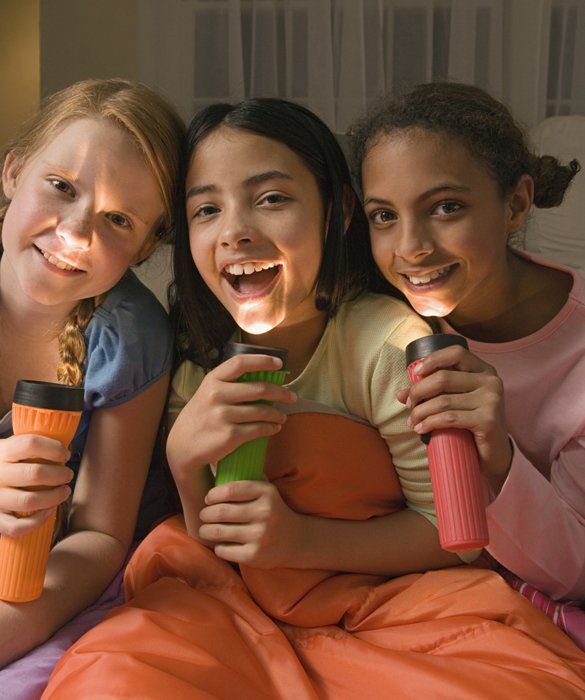
Thirty-five states, including Texas, require that sexual health classes, when offered, focus on abstinence. Of those, only a handful require instruction on how to use or access contraception, according to data gathered by SIECUS, an organization that promotes comprehensive sexual health education policies. It is difficult to draw a direct line between teen pregnancy rates, which continue to decline nationally, and what children are taught in school about sexuality, because there are so many other factors involved, including poverty, culture and healthcare availability. Still, educators here said the information students get is so haphazard that it’s unclear what students know (and don’t know).
53 % of teen moms have earned a traditional diploma by their 20s.
Current Texas law does not require sexual health education to be taught in public schools and stipulates that when it is taught, schools must “emphasize that abstinence from sexual activity, if used consistently and correctly, is the only method that is 100 percent effective in preventing pregnancy.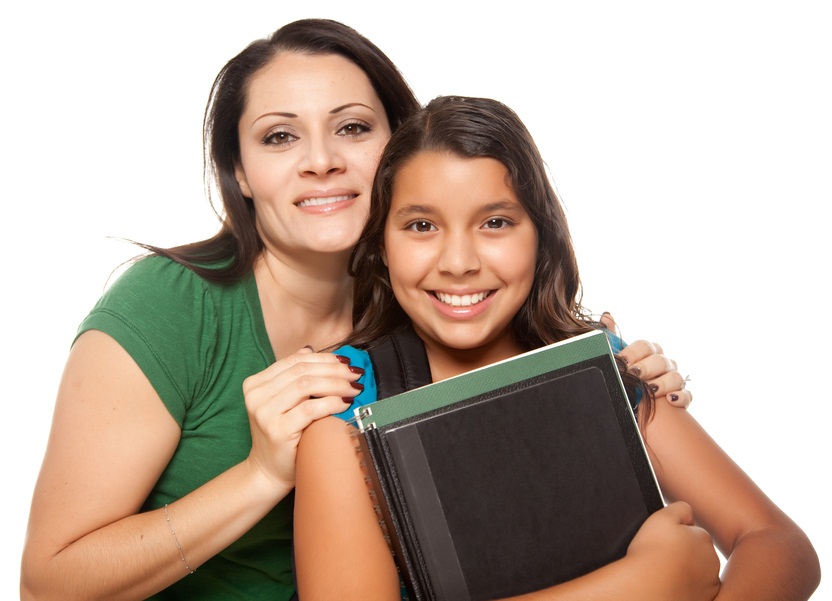 ” The specifics of instruction are left to individual school boards, who make their recommendations based on the advice of local school health advisory councils. Teaching about contraception is optional.
” The specifics of instruction are left to individual school boards, who make their recommendations based on the advice of local school health advisory councils. Teaching about contraception is optional.
Lately, debates about changing health standards have made the news in regards to what teachers should and should not teach about sexuality and gender identity rather than what they should and should not teach about conception. The recent debate in Texas, which lasted a year and concluded in the fall of 2020 was mostly focused on gender identity, sexual orientation and consent, three concepts legislators voted to leave out of the new standards. Starting in 2022, middle school students are supposed to be taught about birth control, but health courses will remain optional in high school.
With many states, including Texas, moving to further restrict access to free reproductive health care, advocates say what is taught in schools about sex and pregnancy matters.
Almost 53 percent of public school students in Texas are Hispanic, and 76 percent of these students grow up in poverty — both groups tend to have higher teen pregnancy rates. The teen pregnancy rate for all demographics in Texas is the seventh highest in the nation, at 28 births per 1,000, or 2.8 percent, among 15- to 19-year-olds — a full percentage point higher than the national average.
The teen pregnancy rate for all demographics in Texas is the seventh highest in the nation, at 28 births per 1,000, or 2.8 percent, among 15- to 19-year-olds — a full percentage point higher than the national average.
“Texas is kind of going backwards,” said Jennifer Driver, vice president of policy at SIECUS.
Regardless of ideology, Driver said that even when sex education is taught here, or anywhere in the country, it’s often insufficient. “We don’t teach math for six to eight weeks and assume that young people have [mastered] math concepts,” Driver said.
All of Lincoln Park School’s buses are outfitted with infant car seats so that girls can get to school with their babies, who attend the school’s free daycare. Credit: Emily Kaplan for The Hechinger ReportGeorgeAna Wilson, who has taught in Brownsville for 27 years and now serves as Lincoln Park’s science teacher, said what Brownsville students are taught about sexual health education is completely dependent on how their science teachers choose to teach the subject, if they choose to do so at all.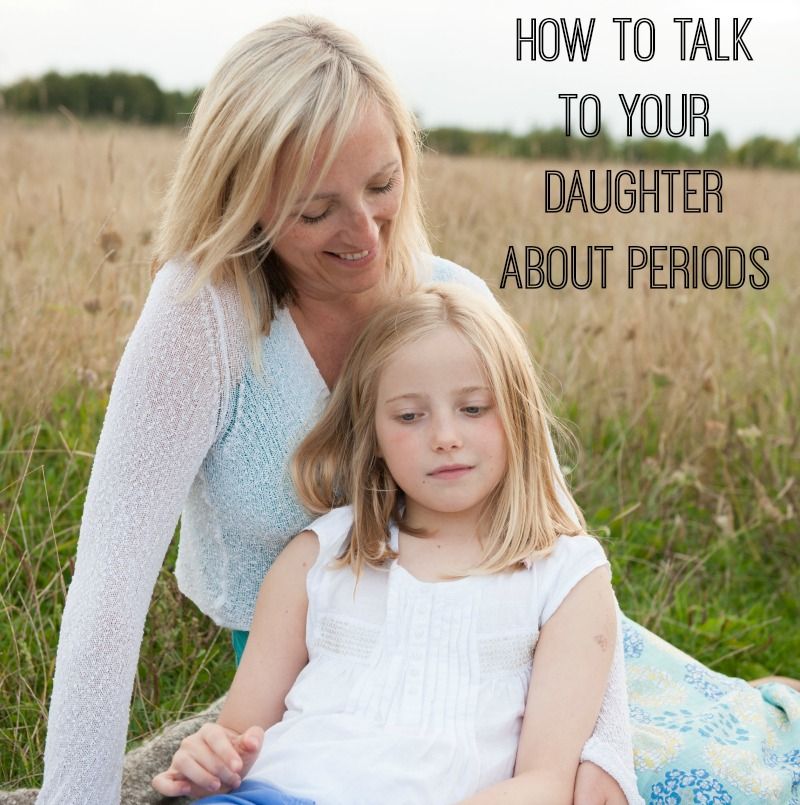
The more recent health science focus at Lincoln Park has been on Covid-19 vaccines, which all teachers now have and which students are encouraged to get, according to Principal Hall. Any time a student or student’s family member got sick this year, school staff reached out and encouraged them to get treatment. She said staff did everything they could to stay in touch with their students, most of whom opted to learn from home, during the school year.
“We provided laptops and tablets as well as ‘hot spots’ to all our girls who needed them,” Hall said. “We made technical assistance available to them and we called each girl each day when they did not sign in.”
Related: These formerly homeless single moms beat the odds and are now college grads
Though pandemic conditions challenged educators at Lincoln Park, the staff were already practiced at adapting quickly to their students’ needs.
“At a regular school, there’s so much drama,” Viviana said back in February 2020.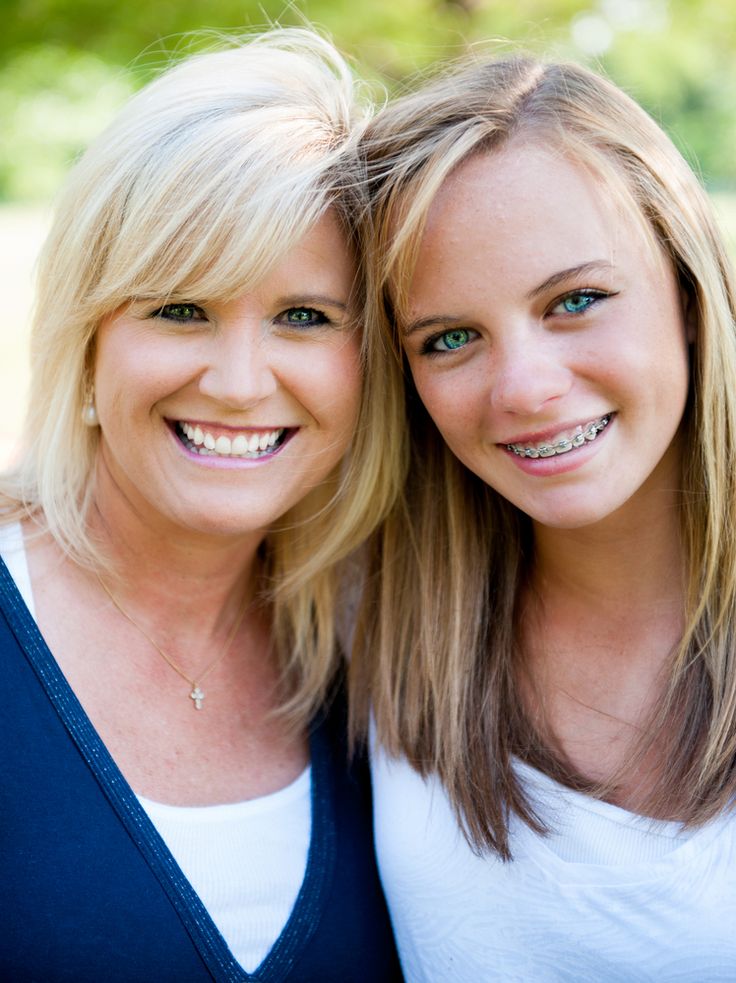 “And there are always bad kids that misbehave, and there’s always fighting and there’s drugs and all those bad things. But teachers here, they know when one of their kids is missing … And if you’re tired, they’ll say, like, ‘Oh, put your head down for fifteen minutes.’”
“And there are always bad kids that misbehave, and there’s always fighting and there’s drugs and all those bad things. But teachers here, they know when one of their kids is missing … And if you’re tired, they’ll say, like, ‘Oh, put your head down for fifteen minutes.’”
Everyone at Lincoln Park School calls the students “the girls.” Before the babies are born, the girls don’t understand how much their lives are about to change, said Dawn Hall, the school’s principal. (“The girls think they do, but they don’t,” she said.) The girls come into Hall’s office crying when their boyfriends find different girlfriends. The girls always ask if the boys will come back, Hall said. (“No, sweetie,” she tells them. “They’ve moved on.”)
Dawn Hall has served as principal at Lincoln Park School in Brownsville, Texas since 2017. Credit: Emily Kaplan for The Hechinger ReportAnd, Hall said, many of the girls are kicked out by their parents, who say what they’ve done is “pecado,” the Spanish word for sin. And then many girls go to live at their boyfriends’ homes, where school leaders here say the boys’ mothers often treat the girls like maids. Come Christmas, the girls make wish lists that break their teachers’ hearts: wipes, diapers, pacifiers. They don’t ask for anything for themselves.
And then many girls go to live at their boyfriends’ homes, where school leaders here say the boys’ mothers often treat the girls like maids. Come Christmas, the girls make wish lists that break their teachers’ hearts: wipes, diapers, pacifiers. They don’t ask for anything for themselves.
When Viviana became pregnant in 2018, she briefly considered getting an abortion. Many girls in Brownsville choose to get abortions in Matamoros, where the procedure is cheaper and easier to access than in the United States, according to students and educators here. A Matamoros pharmacist named Pablo, who did not want to give his full name since abortion is illegal in northern Mexico, said many Texan teens come to his pharmacy to purchase combinations of medications known to terminate pregnancies.
“The girls come here and we need to pretend that we don’t know what they’re doing,” Pablo said. The medications needed cost 185 Mexican pesos (equivalent to $8.45) in his store.
Ultimately, Viviana decided against getting an abortion.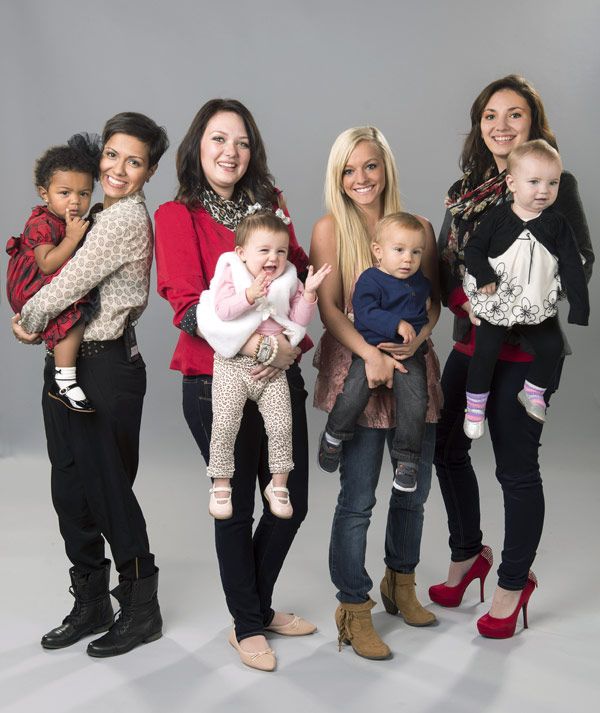 “God gave me this baby so I can get my life in order. Before I had her, my life was all over the place,” she said.
“God gave me this baby so I can get my life in order. Before I had her, my life was all over the place,” she said.
Hall said all of the school’s adults — including the bus drivers, cafeteria servers, and janitors — know every one of the 140 students and every baby by name and do whatever is necessary to ensure that every student attends school. School buses pick up students and infants at their homes on individualized schedules. The school runs a store in which students pay for items such as diapers, onesies, bottles, and strollers with tokens they earn through class participation and consistent attendance.
Perhaps most importantly during the pandemic, students use an online, self-paced academic curriculum called Edgenuity, which helps them earn credits towards graduation at their own pace. And though educators at the school worry students did not get as deeply into the subject matter as they would have with a teacher near them, being already set up for students to learn online was an advantage most schools did not have.
Related: Home visiting is proven to help moms and babies — so why aren’t we investing in it more?
One thing the school does not offer is a comprehensive sexual education course, although Lincoln Park does have a full-time nurse trained in obstetrics. Teachers said students learn about the biology of pregnancy and birth from their doctors and from personal experience. Still, students often turn to on each other for advice on what kind of pain or bleeding are normal and which require medical attention. Depending on each other for such advice helps the girls feel like part of a community, said Wilson, the science teacher.
“To hear it from an adult is one thing, but to hear it from their peers makes it real to them,” she said.
Viviana Longoria, 16, waves goodbye to her daughter after dropping her off at the school daycare. Credit: Emily Kaplan for The Hechinger ReportWilson, who said she tries to teach as much as she can about sexual health in her classes, said she has heard students perpetuate myths about sex, like that standing up after sex prevents pregnancy. (It does not.)
(It does not.)
School should not be considered impossible for young women with children to manage, said Alma Cardenas-Rubio, the district’s assistant superintendent for innovation, strategy, and educational technology. She thinks the focus required to succeed academically actually provides a “mental break” for students with troubled or chaotic lives outside of school.
A graduate of Brownsville public schools, Cardenas-Rubio knows something about the lives these young mothers lead. She became pregnant at 19 and feared that her life choices had narrowed to nearly nothing.
“I know what it’s like to wonder if you’re going to have enough money for gas, to wonder if you’re going to have problems at home,” she said. But her father told her something that she said changed her outlook then and now: “You’re not paralyzed, you’re pregnant.”
Two Lincoln Park students shop for clothes for their children. At the school’s free store, students buy items with tokens they have earned through class participation, academic effort, and consistent attendance. Credit: Emily Kaplan for The Hechinger Report
Credit: Emily Kaplan for The Hechinger ReportCardenas-Rubio’s father was a lawyer. Most of the students here do not have parents with such stable employment. All of the students at Lincoln Park qualify for free or reduced-price lunch. Many of their parents are undocumented and are unable to find work in the U.S., according to teachers here. And among those who do work, most do manual labor or work in the fast food industry. The pandemic hit frontline, low-income workers especially hard.
One school cannot change all these issues, nor is Lincoln Park getting everything right. The school does not offer parenting classes, for example, which, when done well, have been shown to help new moms and their children. And depression and anxiety, which Hall said many students suffered before pregnancy, are not eliminated by having a child.
Ultimately, however, the greatest impediment to pregnancy prevention may be the paucity of stability and emotional support in students’ lives. (“The girls want to have a baby because they want to be loved,” said Hall.) And stability and emotional support are two things Lincoln Park does appear to provide.
(“The girls want to have a baby because they want to be loved,” said Hall.) And stability and emotional support are two things Lincoln Park does appear to provide.
Bolstered by her teachers, her peers and her own academic success here, Viviana said her desire to provide for her daughter has driven her to make a concrete plan for her adult life. Right now she is working part-time at Raising Cane’s, a fast food restaurant, and is enrolled in a two-year associate’s degree to earn certification as a Patient Care Technician. After that, she plans to earn the bachelor’s degree necessary to become a registered nurse. The hurdles between today and that future are myriad, but Viviana said she’s motivated by a desire to do right by Bella Rose.
“Now that I have her, it’s not about me anymore,” she said. “My daughter comes first. ”
”
This story about programs that help teenage mothers stay in school was produced by The Hechinger Report, a nonprofit, independent news organization focused on inequality and innovation in education. Sign up for the Hechinger newsletter.
The Hechinger Report provides in-depth, fact-based, unbiased reporting on education that is free to all readers. But that doesn't mean it's free to produce. Our work keeps educators and the public informed about pressing issues at schools and on campuses throughout the country. We tell the whole story, even when the details are inconvenient. Help us keep doing that.
Join us today.
Florence Crittenton High School - Florence Crittenton Services
A Day in the Life of a FloCrit Mom
Video by Jacob le video production in Denver
Video by Jacob le video production in Denver
Through a unique public-private partnership, Denver Public Schools and Florence Crittenton Services provide the following to pregnant and parenting girls ages 14 to 21:
- On-site high school academics
- College and career planning
- Childcare at our Early Childhood Education Center
- Parenting classes
- On-site health center for moms and children
- Basic and emergency needs support, including diapers, wipes, and other essentials
- Personal Family Advocate to help you and your family navigate resources and relationships
- Transportation and housing support
New mothers receive at least six weeks of homebound academic and social-emotional support while on school maternity leave. In addition, teen mothers enrolled at the high school are able to participate in concurrent enrollment college courses, allowing them to take remedial coursework and first-year classes while still receiving the social-emotional support and child care from Florence Crittenton Services which helps them to succeed.
In addition, teen mothers enrolled at the high school are able to participate in concurrent enrollment college courses, allowing them to take remedial coursework and first-year classes while still receiving the social-emotional support and child care from Florence Crittenton Services which helps them to succeed.
The high school has a state-of-the-art STEM classroom and a MEDConnect program with paid internships. It also has a new gymnasium with safe and appropriate fitness equipment for pregnant and parenting students for physical education classes as well as after-school opportunities for the whole family, including yoga, playgroups, and dance classes.
Download an informational flyer about Florence Crittenton High School.
Descarga un folleto sobre la Preparatoria de Florence Crittenton.
Florence Crittenton High School Interest Form
Are you interested in learning more about attending Florence Crittenton High School? Fill out this form and someone will get in touch with you.
- Name
First Last
- Phone
- Due Date (if pregnant)
- Child(ren)'s Name(s) (if parenting)
- Child(ren)'s Date of Birth
The staff and teachers at Florence Crittenton always pushed me to work hard. They believe in me so much that eventually I also believed in myself.
Lupe, Class of 2016
Populations Served: Girls ages 14 – 21 who are pregnant or parenting
Capacity: 250 students
Geographic Boundaries: We accept young mothers from across Metro Denver area, including Highlands Ranch to Greeley.
Location: 55 South Zuni Street, Denver, CO 80223
Registration Procedures and Dates
Florence Crittenton High School operates on the quarter system. Enrollment is open year-round, meaning young mothers can join us at any time.
Quarter Dates:
- Quarter 1: August 23, 2021-October 14, 2021
- Quarter 2: October 19, 2021-December 17, 2021
- Quarter 3: January 4, 2022-March 11, 2022
- Quarter 4: March 14, 2022-May 27, 2022
Documents Required for Registration
- Original Birth Certificate
- Immunization Records
- Recent Proof of Address (Lease, Mortgage Statement, Utilities Bill, Cable Bill, or Cell Phone Bill)
- Photo ID
- Medicaid Card if applicable
- Transcripts from all high schools attended
- Behavior Reports from all high schools attended
Courses Offered: Florence Crittenton High School offers all the courses required for high school graduation and a diploma. In addition, electives offered include cooking and nutrition, and parenting.
In addition, electives offered include cooking and nutrition, and parenting.
Grading Procedures: Ours are similar to other DPS schools. Attendance is very important at Florence Crittenton High School. Students who miss more that 10 class periods/quarter cannot receive higher than a “C” in that class.
Earning Credit Potential: If students are enrolled full-time and receive passing grades in all their classes, they are able to earn 20 credits per quarter or 80 per school year.
Hours of Operation: The Florence Crittenton High School is open from 7:30 a.m.-3:30 p.m. Monday-Friday during the regular school year, with classes in session from 8:00 a.m.-3:15 p.m.
Summer School: The Florence Crittenton High School offers a Summer School session in June. School is in attendance from 8:00 a.m. – 12:15 p.m. The Early Childhood Education Center is open for the children of teen mothers enrolled at FCHS during this time.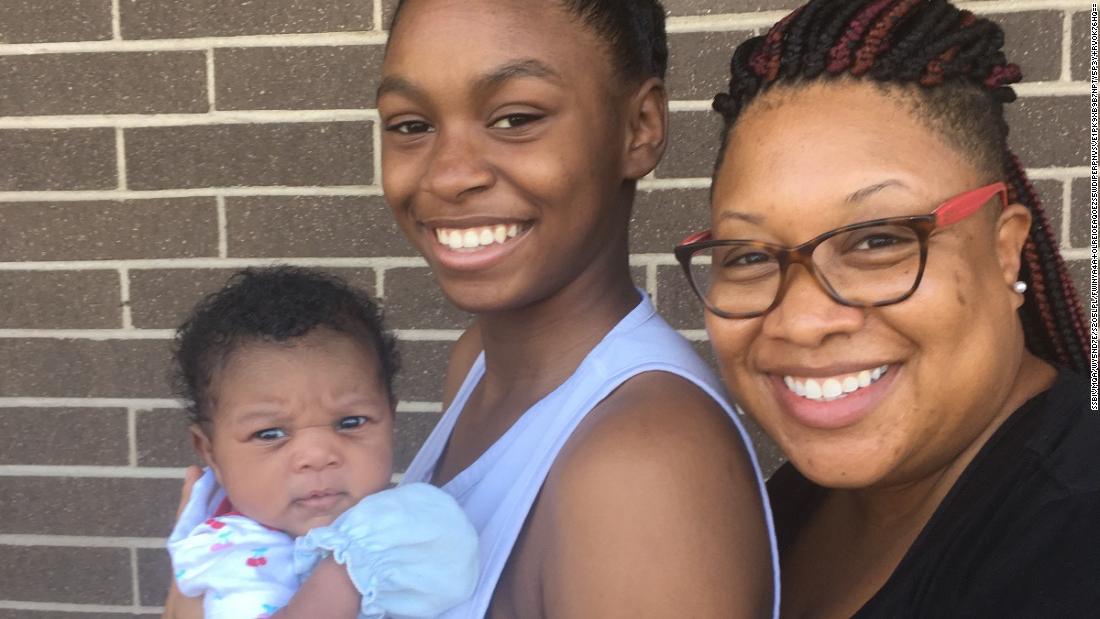
Are you a young mother?
Call Gina Larquier at 720.423.8903 for more information about registration.
Email Us
"Covenant House" - a shelter and school for teenage mothers
On Sunday, May 9, America celebrates Mother's Day. This holiday was invented in order to thank all mothers for their hard work, for the sacrifices made and for the huge contribution to the lives of their children. It seems that the art of being a mother is inherent in all women on an instinctive level. However, for many young homeless mothers who themselves lacked parental care in their childhood, motherhood seems to be overwhelming work. A VOA correspondent visited a New York charity that provides shelter for young mothers and helps them settle into their new roles.
In the evenings, in the cozy living room of the Covenant House, a lesson for parents begins - "Me and my mother." About a dozen teenage mothers who live in the shelter come here four times a week with their babies. Teacher Delores Clemens, herself a mother of five and grandmother to countless grandchildren, teaches them everything from nutrition to changing diapers. Today's topic is the possibility of a paid internship followed by a permanent job. “If you manage, you come on time and work well, you can stay on a permanent basis. Two girls from our program got jobs like this: one in a law office, the other in an insurance company,” Delores tells her students.
Teacher Delores Clemens, herself a mother of five and grandmother to countless grandchildren, teaches them everything from nutrition to changing diapers. Today's topic is the possibility of a paid internship followed by a permanent job. “If you manage, you come on time and work well, you can stay on a permanent basis. Two girls from our program got jobs like this: one in a law office, the other in an insurance company,” Delores tells her students.
Natasha rocks her baby in her arms and considers the offer. Having lived on the street, she really appreciates the warmth and comfort of Covenant House and now wants to find a job that would give her confidence in the future and independence.
“They help us a lot with the work: both with resumes and letters of recommendation - with everything you need for an interview. And they will always help you find exactly the kind of job that would interest us,” says Natasha. She did not finish school because she became pregnant in the last grade, but now she is aware of her responsibility and is going to resume classes.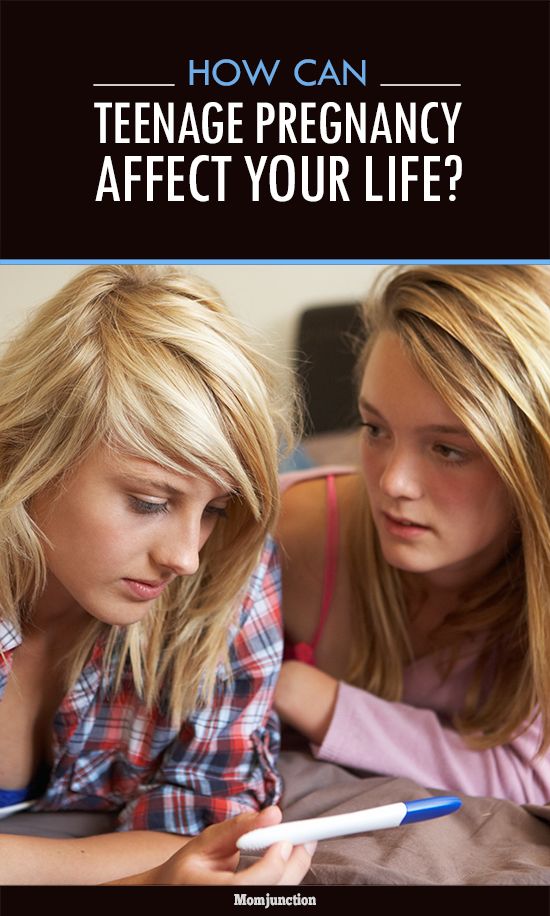
Sonsia, on the other hand, feels responsible for ensuring that her son does not end up in the same environment of violence and indifference in which she herself grew up. “The father of the child beat me. And one day I realized that I didn’t want my son to think that it was okay to hit women, to be rude. And that’s the point, ”Sonsia admits.
Many of the underage mothers themselves received insufficient or incorrect education. According to Delores Clemens, because of this, they often have wrong ideas about raising children. For example, some young mothers believe that it is better to refrain from touching and caressing. Delores recalls his student, who was inspired by her mother that if you console a crying child, he will become too capricious: “I explained to her that it was not true that she should hug her child, take her in her arms. He's not just crying! If you don't pick him up, he won't stop crying. Therefore, take him in your arms, caress him, hug him. And she began to do so.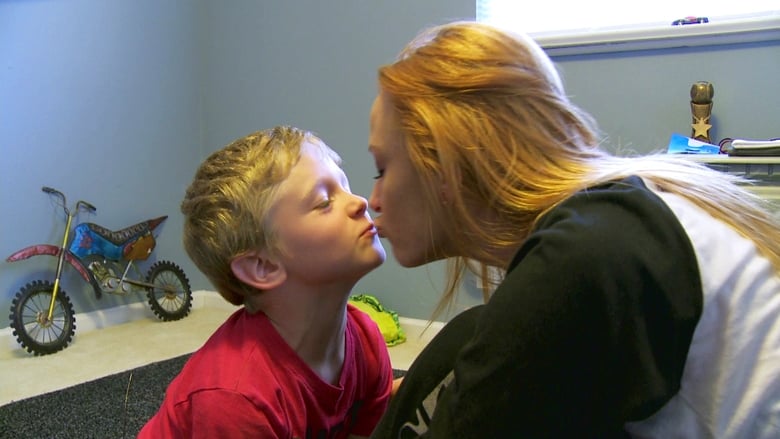 Babies just need a little love and affection. And it always helps!”.
Babies just need a little love and affection. And it always helps!”.
According to Delores, the main goal of the lessons “Me and my mother” is to instill in mothers practical skills: how to bathe a child, how to choose clothes for the weather, how to cook baby food. “You can’t put them in a bath. You need to put them on a horizontal surface, put a sheet on them, wipe them, show them how to wash their hair, how to dress and what clothes to choose in what weather. And in case the child gets sick, I teach them to take the temperature. They don't know how to do anything. But when they leave here, they can do everything, so rest assured,” says Delores.
Delores is also convinced that underage mothers learn better if they are surrounded by maternal care: “I do for them what no one has done before. For example, I regularly bake pies - it's not difficult for me, but it means so much to them. And I go up to their rooms, sit and chat with them about their boyfriends, give advice. After all, whether they like it or not, I'm the oldest here. I'm here mom. I give them advice as if they were my own children. This is the only way you learn to be a mother, by example.
After all, whether they like it or not, I'm the oldest here. I'm here mom. I give them advice as if they were my own children. This is the only way you learn to be a mother, by example.
All the young mothers at Covenant House say they love their children, but few of them have any illusions about motherhood. Placida, 18, who ran away from home at 13 after being raped by her own father, admits that she often wants to be a child herself, not a mother: “It's so difficult. You have to wake up at night every two hours and you can’t just go and buy something for yourself. After all, now I need to buy diapers, clothes, food. Now there are two of us. And it's very difficult."
Compared to other developed countries, the United States has the most teenage mothers. Of course, they all face difficulties, but those of them who once lost the roof over their heads and were sheltered in Covenant House have an even harder time. However, on the other hand, the 350 young mothers who annually graduate from the “Me and my mother” course have a better chance of celebrating many happy Mother's Days in the future.
is success possible? – Knowledge Center
Today, motherhood is considered early at the age of 20 years.
New research from Canada shows that not only young mothers, but also grandmothers, play a significant role in child development .
WoMo writes about teenage motherhood with reference to The Atlantic and Alia Wong's "The Consequences of Teen Motherhood Can Last for Generations".
This study is also interesting for us, because in the countries of the former Soviet Union the trend was to get married and give birth to first-born children at 18-21 years old. Today, the average age of mothers in Ukraine is 25.8; in Canada, where the study was conducted, it was 28.10 (according to CIA World Factbook and UNICEF).
It cannot be said that the relationship “rich country - late motherhood” is direct, because, for example, in economically unstable Greece, mothers first become mothers at 31.2 years old, and the United States gives birth at 25.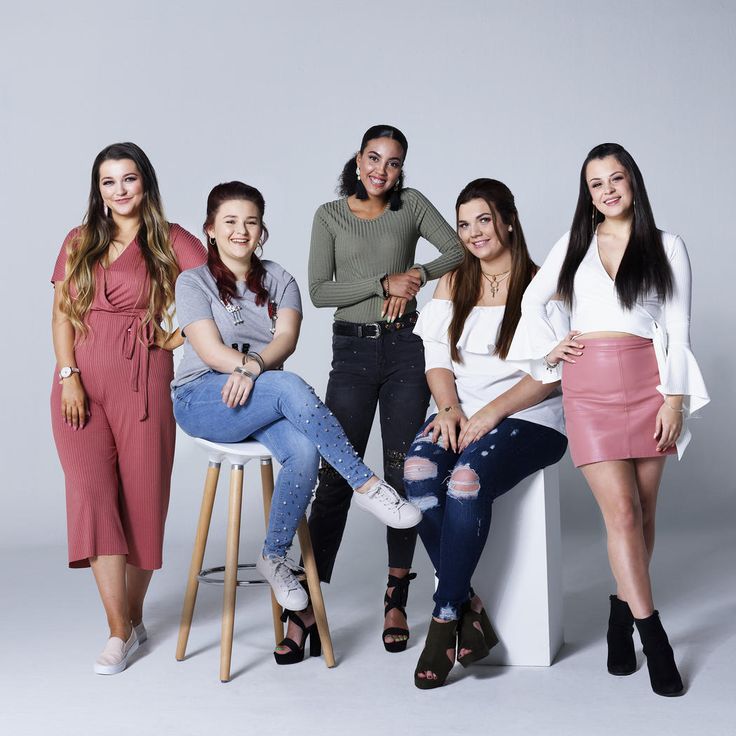 4 years old. But despite the fact that modern women become mothers much later than their mothers and grandmothers, the problem of early pregnancy and motherhood still exists ...
4 years old. But despite the fact that modern women become mothers much later than their mothers and grandmothers, the problem of early pregnancy and motherhood still exists ...
Consequences of teenage motherhood
), and psychological (slower development of school skills, worse regulation of emotions, as a result - poor school performance).
Daughters of teenage mothers, according to the study, are themselves at risk of early motherhood.
Of course, teenage motherhood is not a genetic predisposition. Most often, we are talking about the inheritance of the context of life: poverty, family instability.
Earlier motherhood itself brings many difficulties for both the mother and the child. By the time a child of a teenage mother goes to school, he is already in a weaker social position than his peers. The good news is that everywhere in the world women are giving birth later, for example, in the US, the number of teenage pregnancies has fallen by two-thirds from 1990 to 2016. And the bad news is that the effects of teenage pregnancy are felt even a generation later.
And the bad news is that the effects of teenage pregnancy are felt even a generation later.
Generational Issues
A study in Manitoba, Canada, published in PLOS One, suggests that a child's academic performance depends on more than just whether their mother was a teenager at birth: even if the mother gave birth as an "adult" (after 20 years), and the grandmother, as a teenager. These children are 39% more likely to fall into the bottom category on the school readiness scale.
Among the scientists who conducted the study is Elizabeth Wall-Wheeler of the Graduate School of Medicine at Stanford University. She explains, in particular, that the study was conducted in Manitoba, because there is a very convenient and objective system for assessing the knowledge of future students.
Children with neither mother nor grandmother who were teenage mothers turned out to be the best prepared for school for the development of skills and knowledge, as a result of research - only 24% of them showed poor results.
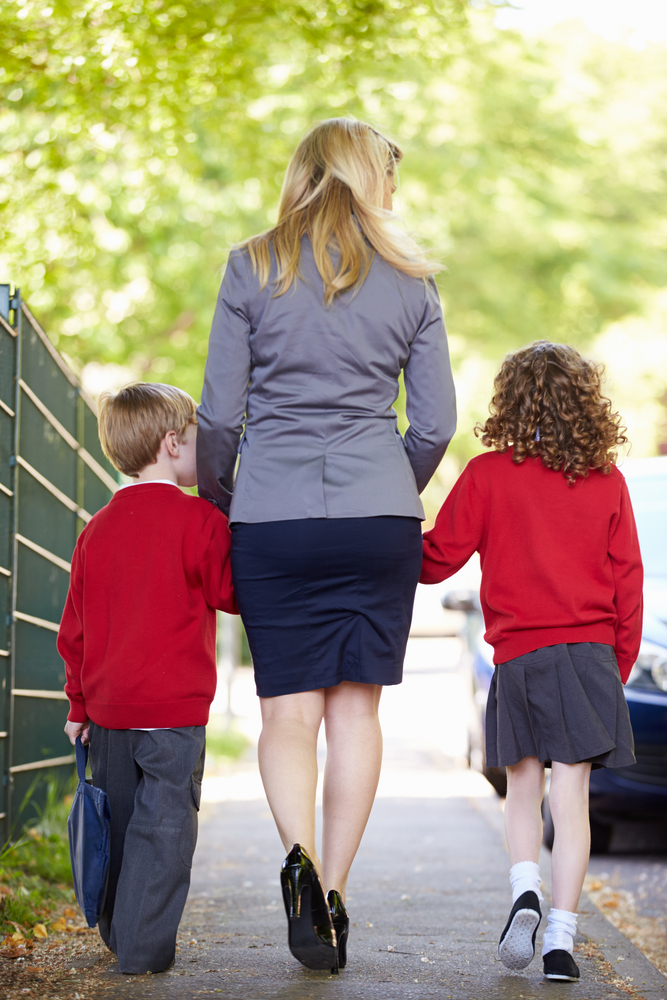
And the worst results were in children who had teenage motherhood with both their mother and grandmother - 46% of children from this category were in last place after passing the test. Among children whose mothers, but not grandmothers, became mothers when they were teenagers, 41% were not ready for school. And in cases where mothers were adults at the time of birth, and grandmothers gave birth before the age of 20, the percentage of failure was also high - 34%.
Causes of family problems
Wall-Wheeler believes that the problem is poverty and the inability of the education system to "pull" children out of it. “In fact, this study shows the importance of supporting young mothers, this support not only improves their living conditions, but also guarantees a better life for their children and even grandchildren.”
Of course, numbers alone do not give us a picture of teenage motherhood: among other factors, it is important whether the pregnancy was planned, whether her parents helped the young mother.
